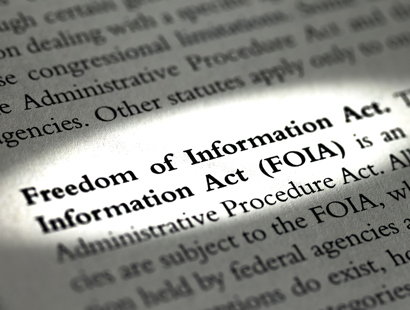
The Data Use and Access Act—changes to the soft opt-in rules for charities explained
The Data (Use and Access) Act 2025 (DUAA) received Royal Assent on 20 June 2025, introducing changes to UK data protection law.
One of the most important updates for the charity sector is an amendment to the Privacy and Electronic Communications Regulations (PECR) that will, for the first time, allow charities to use the soft opt-in approach for direct electronic marketing.
This change is expected to come into effect in early 2026. It could be transformative for charity fundraising and supporter engagement, but it comes with strict rules and limitations.
What is the soft opt-in?
The soft opt-in is an exemption under PECR that allows organisations to send electronic marketing (such as emails and texts) without first obtaining UK GDPR-standard consent, provided certain conditions are met.
Currently, it can only be used in situations where someone’s contact details have been collected in the course of the sale (or negotiation for the sale) of goods or services. In those situations, the soft opt-in allows organisations to market similar products or services on an opt-out basis.
Since most charities do not sell goods or services commercially, they have not been able to use the soft opt-in. Instead, charities have had to get affirmative opt-in consent from individuals before being able to send electronic marketing communications.
Can any not-for-profit use the soft opt-in?
No. The new provision will only apply to organisations defined as charities under section 1 of the Charities Act 2011 in England and Wales, or the equivalent legislation in Scotland and Northern Ireland.
If your organisation is unsure whether it meets the legal definition of a charity, you should seek legal advice before changing your approach.
When can charities use the soft opt-in?
Charities will be able to rely on the soft opt-in when all three of the following conditions are met:
- purpose: the sole purpose of the communication is to further one or more of the charity’s charitable purposes as defined in law
- source of contact details: the contact details were collected when the person expressed interest in the charity’s purposes or offered support to further those purposes
- opt-out: the person was given the chance to opt out when their details were collected and is offered an easy opt-out (e.g. an unsubscribe link) in every subsequent message
What does this mean in practice for charities?
This change could be highly beneficial for charity marketing and fundraising teams. Potential benefits include:
- growing mailing lists without relying solely on opt-in tick boxes
- reducing supporter drop-off during sign-up processes
- keeping in touch more easily with individuals who have engaged with your charity’s work (e.g. people who make one-off donations, people who volunteer at an event, supporters take part in challenge or fundraising events)
Will it apply to existing contacts?
While this is an exciting development for charity marketing and fundraising teams, it’s important to note that the changes will not apply retrospectively.
Data protection law is clear: if you told individuals their data would only be used with consent, you cannot switch to a different lawful basis later. This means the new soft opt-in approach can only be used where contact details are collected after the new rules take effect, and in compliance with the conditions set out above.
When will this change come into effect?
While some parts of the DUAA came into force immediately, these changes require further secondary legislation to bring them into effect. Currently, indications are that this will happen in early 2026.
What do charities need to do to prepare?
To make the most of the change when it comes into force, charities should use the next few months to:
- review supporter journeys to identify points where people express interest or offer support
- design and test opt-out mechanisms to ensure they are clear and user-friendly
- update privacy notices and opt-out wording
- train fundraising and marketing teams on the new rules
segregate pre-change and post-change contact lists to avoid compliance breaches
Other changes
The DUAA introduces a range of other changes that are outside the scope of this article, including in the areas of scientific research, automated decision-making, cookie compliance and subject access requests. It also introduces some new requirements, including around handling of complaints about personal data use.
If you would like tailored advice on these changes and how they apply to your organisation, our data protection and charity law team can help you prepare with confidence.
About Carla
Carla Whalen is a partner in the charity and not for profit law team, specialising in employment and data protection law and advising charities and not for profits with people issues, including employee, volunteer, trustee, and member & beneficiary concerns.
Get in touch
If you would like to speak with a member of the team you can contact our charity law solicitors by telephone on +44 (0)20 3826 7510 or complete our enquiry form.






